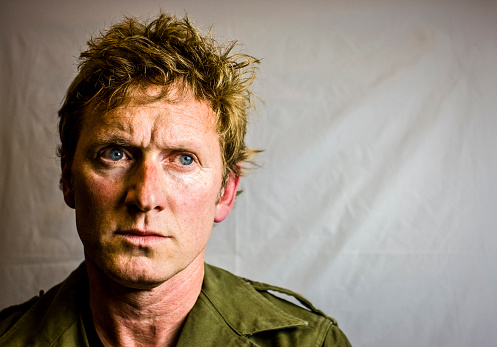A Hypnotherapist’s View: Re-Integration
When dealing with combat stress and its follow-on disorders, hypnotherapy is an adjunct to treatment by licensed clinicians – both psychologists and medical doctors.
All caregivers recognize that combat stress drives the warrior into an extremely protective posture toward the world. In fact, the shift begins in training. The armed services cultivate a mentality that in the Army is known by the acronym “BATTLEMIND.”
As recognized in “After the War Zone,” the mentality poses challenges to post-deployment reintegration in civil society. The authors – clinical psychologists working at a veteran’s center – consider each piece of BATTLEMIND one at a time, cautioning the returning warrior to prevent those elements from poisoning his relationships with family, friends and employers.
This is an attitude comfortable to the warrior: confront the problem and defeat it. Thinking as a hypnotherapist, however, it has serious deficits. The subconscious does not understand “no” very well. If fact, “don’t do that” often reinforces the importance of whatever “that” is. In other words, lacking a positive alternative, the subconscious tends to stick with what it knows.

To address this deficit, I suggest a “HOMEHEART” perspective that actively seeks to restore adventurous, heart-centered relationships. Re-integration should be built around experiences that build confidence in the world.
The emotional charge in undertaking these steps should not be underestimated. The warrior fights to preserve our emotional privileges under conditions in which those privileges are brutally punished. Each privilege may associate with a traumatic event. If and when those are discovered, however, awareness of specific connections is a powerful aid to licensed therapists and adjunct professionals seeking to facilitate recovery.
- H – harmony. This could be found in music, poetry, art, chanting or nature.
- O – openness. This could be experienced by sitting passively while others offer physical and emotional closeness (rather than intimacy).
- M – mindfulness. Mindfulness is a practice of being in the present moment. Drinking a mug of water, tying a shoe, or walking in a garden are all safe avenues for focusing on the simple pleasures of the now.
- E – empathy. Doing charitable work, growing food, and caring for other living creatures are all means of re-establishing this connection to the world.
- H – healing. This is the gradual experience of allowing the blocked heart to open to receive positive energies from the world.
- E – ecstasy. Experiencing the exciting tingle of intimate contact with our friends, our children and our lover.
- A – allowing. Making decisions based upon what brings pleasure, rather than what guarantees safety.
- R – relating. Negotiating full participation in our social system of family, friends and employers.
- T – trusting. Any bond of the heart is mutual – when our heart is open, to be loved is a felt experience. Confidence in those bonds is strengthened by success in our relationships.

The great benefit of hypnotherapy is in facilitating consideration of these experiences by the whole mind before they are practiced in life with loved ones that may be vulnerable to fear, anger and hostility carried over from combat.


0 Comments
Trackbacks/Pingbacks